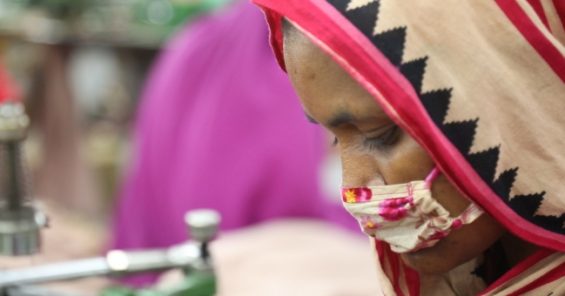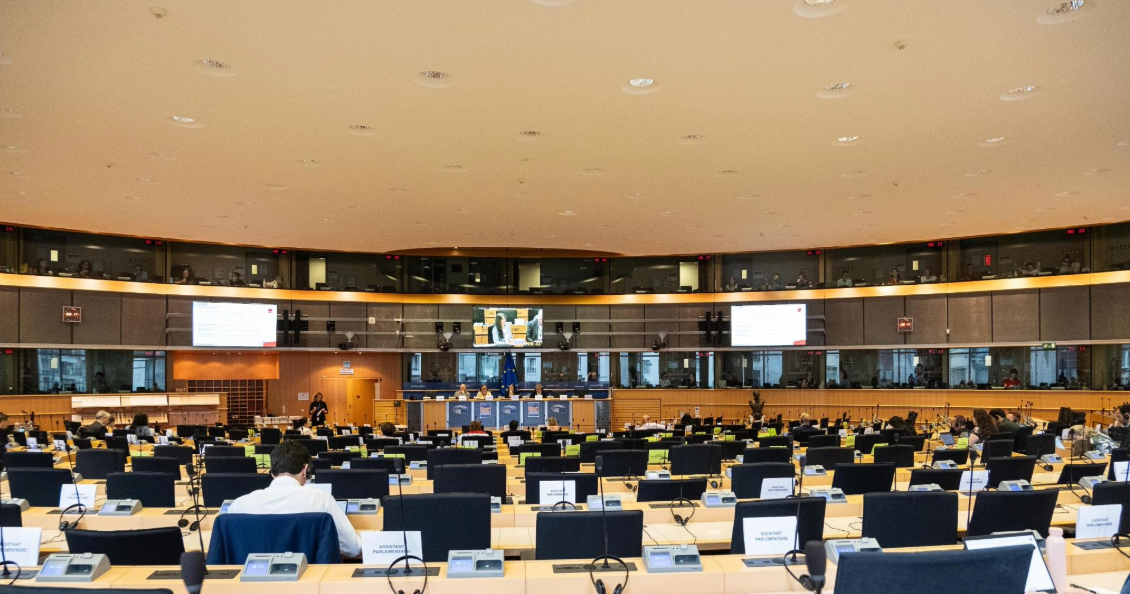The International Accord: Ten years of making work safer
15.05.23
Ten years ago, on 15 May 2013, UNI Global Union, IndustriALL Global Union and international fashion brands signed the Accord on Fire Building and Safety in Bangladesh (Bangladesh Accord), just three weeks after the deadly Rana Plaza building collapse. This landmark, binding agreement was born out of the urgent need to address the prevalence dangerous conditions in the textile and garment industry.
Ten years on, it has made significant progress on worker safety. The Accord has been called “one of the most effective campaigns of the globalized era to improve labour and safety conditions.” It has saved lives not only in the thousands of factories it covers but also in many others where the non-signatory brands made efforts to keep up. But more is to be done to help garment and textile workers secure their rights and win fair wages.
“The Accord has saved an untold number of lives, and its success is further proof that workers’ rights can be protected throughout supply chains in even difficult environments,” said UNI General Secretary Christy Hoffman. “On the ten-year anniversary of the Accord, we celebrate its accomplishments – millions of workers reached, hundreds-of-thousands-of-hazards fixed – and we call on more brands to step up. They have a responsibility to ensure human rights in their supply chains and expand the Accord to new factories and new countries.”
In 2018 the Transition Accord transferred the inspection functions in Bangladesh to the tri-partite Ready Made Garments Sustainability Council, (RSC), which includes brands, unions and factory-owners. In September 2021, the global unions negotiated for the International Accord, which replaces and expands Bangladesh Accord’s commitments. The International Accord expanded into Pakistan in late 2022.
Over the past ten years, suppliers in Bangladesh have made significant safety improvements at their factories, with support from more than 220 brand signatories who have invested over US$70 million to finance the Accord programs and operations in Bangladesh.
Since 2020, alone, there have been nearly 56,000 inspections across over 2,400 garment factories in Bangladesh. Out of the 170,000 health and safety issues identified during these inspections, 140,000 have been corrected through measures such as installation of fire doors, fire alarms, sprinkler systems, fixing faulty electrical systems, and strengthening building structures.
Recognizing worker participation is necessary for safe workplaces, more than 1,200 joint labour-management safety committees at Accord-covered factories are now trained and equipped to address and monitor factory safety on a day-to-day basis.
“Since the Accord’s inception, its signatories and partners have contributed to the continuous and sustained remediation of health and safety risks at garment and textile factories in Bangladesh. Recognizing that more remains to be done and against the backdrop of increasing human rights due diligence legislation, we look forward to a decade of greater collaboration with all relevant stakeholders to strengthen safety standards, support capacity building, and foster an environment of accountability and transparency in the textile and garment industry,” Joris Oldenziel, Executive Director, International Accord.


